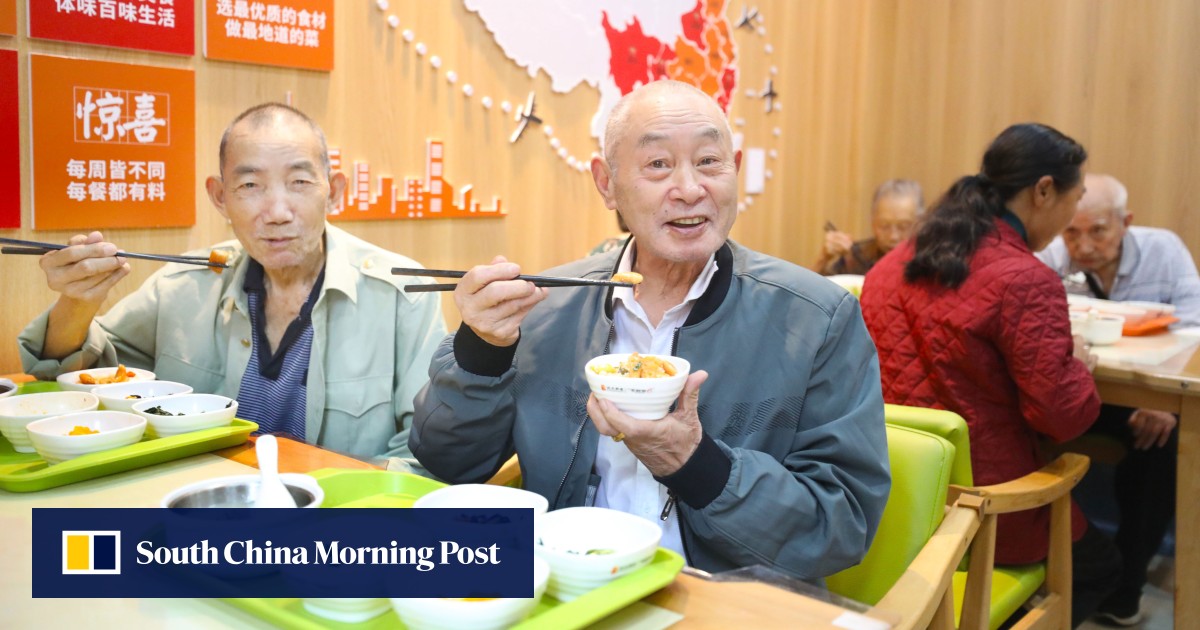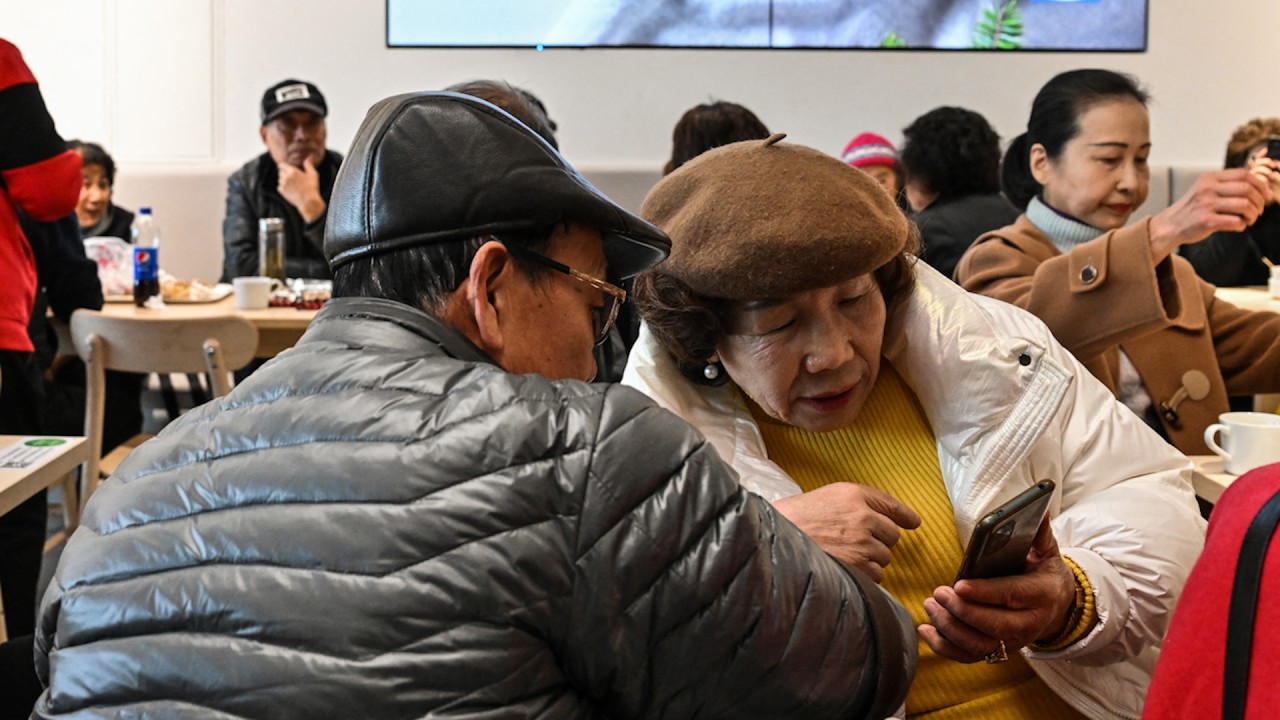CCTV said six of a total of nine canteens had folded “due to losses” in a district in a central province, but did not name the exact location. Further investigation revealed that over 60 per cent of the province’s community canteens were running at a loss, according to the report.
In Beijing, a survey of 40 community canteens showed that more than half of them had lost money, and many said their losses were increasing.
The main reason for the losses is that far fewer elderly residents were patronising the canteens than expected.
According to research by Wang Defu, associate professor at Wuhan University’s school of social sciences, Suzhou’s community canteens served 24,000 meals last year – just one-fifth of the number predicted.
Wang’s research also showed that the 985 subsidised community canteens in the eastern province of Shandong served 950,000 meals last year, meaning each outlet only had three visits per day on average.
Unlike soup kitchens in the West, which are typically operated and funded by religious groups and charity organisations, China’s community canteens were created and subsidised by the government as a key part of a pilot plan launched by the Chinese Ministry of Housing and Urban-Rural Development and the Ministry of Civil Affairs in November 2022.
Low social status and income: why ‘people are reluctant’ to be carers in China
Low social status and income: why ‘people are reluctant’ to be carers in China
Li Qing, 75, a retiree in Shandong, said he appreciated the “good intentions” behind the canteens, but he and his wife preferred to cook at home as they suffered from arthritis and found it difficult to walk to the dining hall.
He said he would be willing to try the local canteens if they offered food delivery services.
“But they will have to face competition from other local food outlets,” he said. “We are old now. We want to enjoy a variety of good food in the last few years of our lives.”
Alfred Wu, an associate professor at the National University of Singapore’s Lee Kuan Yew School of Public Policy, said local officials in China tended to follow Xi’s policy directions to show their political loyalty, and this was one of the main reasons behind the oversupply of community canteens and similar projects.
“Sometimes it even becomes a competition among the officials to fight for Beijing’s political attention. But once there is a cut on subsidies as local governments run into deficits, things will turn south,” Wu said.
In his interview with CCTV, Wuhan University’s Wang urged local governments to take a more “scientific assessment” of the needs of the elderly by looking into affordable and flexible meal delivery services.








